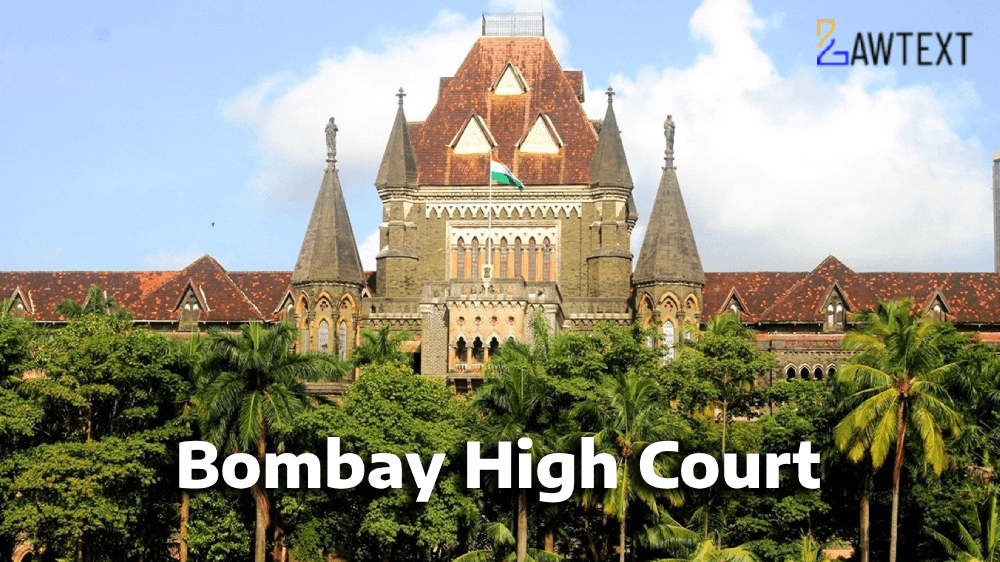Delegating Discretion: Parsi Matrimonial Courts Can Record Evidence Via Commissioner Balancing tradition and modernity under PMDA for expeditious justice.

CASE NOTE & SUMMARY
The Bombay High Court upheld the discretion of Parsi Matrimonial Courts to direct the recording of evidence before a Court Commissioner under Order XVIII Rule 4 of the Civil Procedure Code (CPC), 1908, read harmoniously with the Parsi Marriage and Divorce Act, 1936 (PMDA). The Court clarified that while delegates play a vital role in adjudicating facts, such procedural flexibility aligns with the broader goals of judicial efficiency and fairness, especially considering modern litigation needs.
The Court recognized that procedural mechanisms like appointing a Commissioner to record evidence are permissible under the PMDA, ensuring efficient case management without compromising fairness or statutory safeguards. The judgment reconciles traditional community-based adjudication with technological advancements to expedite matrimonial disputes.
1. Introduction and Background
- Parties: Armin R. Panthaky (Appellant/Defendant) v. Rohinton Panthaky (Respondent/Plaintiff).
- Dispute: Parsi matrimonial suit under the PMDA, with evidence recording before a Court Commissioner challenged.
- Appeal Against: 2014 Order by Justice G.S. Patel, affirming such discretion.
2. Issue Framed (Para 4)
- Does PMDA explicitly or impliedly bar Courts from delegating evidence recording to a Commissioner under CPC?
3. Arguments (Paras 5–10)
- Appellant's Counsel: Recording evidence before a Commissioner undermines delegate-centric trials mandated by PMDA.
- Respondent's Counsel: No explicit prohibition in PMDA; CPC provisions enhance judicial efficiency.
4. Legal Framework (Paras 16–25)
- PMDA Provisions: Sections 18–47, emphasizing delegate involvement and in-camera hearings.
- CPC Applicability: Section 45 of PMDA allows CPC rules where not excluded expressly or impliedly.
5. Judicial Analysis (Paras 26–41)
- Role of delegates to aid but not supplant judicial decision-making.
- Procedural efficiency and fairness through Court Commissioners do not dilute delegate involvement.
- Judicial discretion safeguarded by balancing statutory mandates with practical necessities.
6. Technology and Modern Precedents (Paras 46–58)
- Global examples (e.g., US, Canada, Singapore) support procedural flexibility and technological integration.
- Empirical evidence refutes over-reliance on witness demeanor for credibility assessment.
7. Key Findings (Paras 62–78)
- Harmonious construction of CPC and PMDA ensures coexistence without conflict.
- Discretion for evidence recording before a Commissioner exists but must be judiciously exercised.
8. Conclusion and Direction (Paras 78–82)
- Affirmation of Patel J’s Order: PMDA does not denude Courts of discretion under CPC.
- Appeal to be placed before the appropriate Bench for final disposal.
Ratio Decidendi
Courts under PMDA retain discretion to appoint Court Commissioners for evidence recording under CPC, provided it does not conflict with PMDA's statutory provisions or undermine the role of delegates. Modern procedural mechanisms align with judicial efficiency and fairness.
Acts and Sections Discussed:
-
Parsi Marriage and Divorce Act, 1936
- Sections 18–47: Delegate involvement, in-camera hearings, and appellate restrictions.
- Section 45: CPC applicability.
-
Civil Procedure Code, 1908
- Order XVIII Rule 4: Evidence recording mechanisms.
- Order XXVI: Commissions to examine witnesses.
Subjects:
Procedural Law, Family Law, Judicial Administration. Parsi Matrimonial Courts, Evidence Recording, Delegate Role, Judicial Efficiency, Technological Integration, CPC, PMDA.
ISSUE OF CONSIDERATION
ARMIN R. PANTHAKY VERSUS ROHINTON PANTHAKY
Citation: 2024 LawText (BOM) (11) 211
Case Number: APPEAL NO. 311 OF 2014 IN PARSI SUIT NO. 20 OF 2013
Date of Decision: 2024-11-21
Case Title: ARMIN R. PANTHAKY VERSUS ROHINTON PANTHAKY
Before Judge: M.S. Sonak, B.P. Colabawalla & R.I. Chagla, JJJ.
Advocate(s): FOR THE APPELLANT Ms Zenobia Shapoor Irani, with Prashant Tikare. FOR INTERVENORS (PARSI PANCHAYAT) Ms Sanober Nanavati, with Agnel Carneiro, Gayatri Sathe i/b M/s. Mulla & Mulla and Craigie Blunt & Caroe. IN REFERENCE Adv Jamsheed K. Master. Adv Abhijit Sarwate. ANTI COMMISSION PRESENT Ms Taubon F. Irani, with Disha Shetty.
Appellant: ARMIN R. PANTHAKY
Respondent: ROHINTON PANTHAKY

